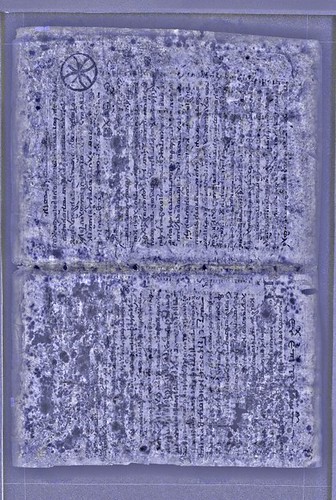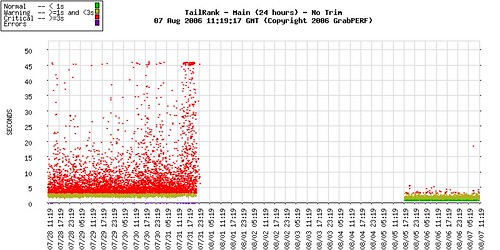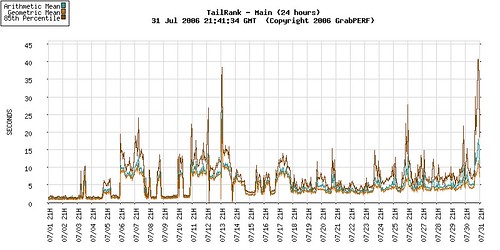For history fiends, enthusiasts of lost treasures, and lovers of a good mystery, the discovery of the Archimedes Palimpsest has been one of those stories that must be followed.
The texts contained in the Palimpsest were lost to humanity for hundreds of years as a result of a common Medieval European tradition — the re-use of parchment. To quote the site:
“The word Palimpsest comes from the Greek Palimpsestos, meaning “scraped again”. Medieval manuscripts were made of parchment, especially prepared and scraped animal skin. Unlike paper, parchment is sufficiently durable that you can take a knife to it, and scrape off the text, and over write it with a new text. In this case, [the text of Archimedes’] five books were taken apart, the text was scraped off the leaves, which were then stacked in a pile, ready for reuse.”
Using a new x-ray scanning technology, the original Greek text is exposed to the Western world for the first time since 1229.
This holds more than a passing interest to me, as one of the most influential history courses I took during my undergrad tenure was taught by a paleographer and historian at the University of Victoria, Michèle Mulchahey (she is now part of the faculty at the University of Toronto). I still often wish I had continued my Medieval European history studies, but my lack of latin prevented me from go much further than I did.
Glad to see a truly old classic resurrected.




